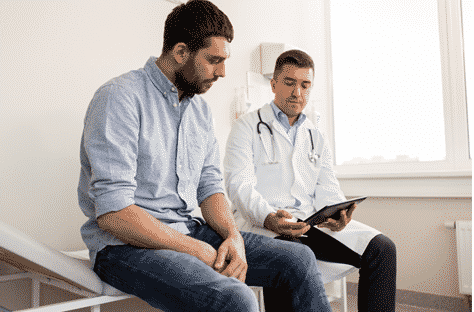Since the 2017 opening of the IAFF of Excellence for Behavioral Health Treatment and Recovery, more than 1,000 IAFF members have sought treatment to restore their life, career, marriage or future. While separated from the daily stressors of life back home, individuals in residential treatment often gain a new perspective on their problems and can make rapid progress on treatment goals.
In preparing to discharge from residential treatment, there are some critical components to consider before returning home.
Assess Your Readiness to Discharge
Your treatment team will work with you collaboratively to determine if you are ready to leave the facility and transition to a lower level of outpatient care in your community. Prior to discharge, your primary clinician will evaluate your individual treatment plan and progress made on established treatment goals. Your current symptom severity, medical necessity and insurance coverage will also be factored into your recommended discharge date.
Know Your Aftercare Treatment Plan
Upon discharging from any residential mental health or substance abuse facility, there are some standard aftercare components that your clinician or case manager should arrange on your behalf. While individual needs vary, your aftercare plan should typically include:
- An appointment with a licensed psychotherapist or counselor for weekly counseling
- An appointment with a psychiatrist, if taking medication
- Referral to partial hospitalization (PHP) or intensive outpatient treatment (IOP), when indicated
- Referral to local support groups (AA, NA, Smart Recovery, NAMI)
- An appointment with your primary care doctor (PCP)
- Who to contact in the event of a crisis, including the number of an accredited crisis hotline
If you don’t understand any part of your discharge instructions or aftercare plan, speak up! Once you leave the facility, it will be harder to access your clinician and treatment team as their primary job is to serve current patients.
Share Your Aftercare Plan as Needed
Deciding who to share your aftercare plan with is always your choice. For lasting recovery, it is strongly recommended that you involve your support system in aftercare planning before you leave the facility. Sharing your aftercare plan with your spouse, support person or existing mental health provider will give them a chance to ask questions and get clarification directly from the residential treatment team.
Your residential treatment team can also help prepare your support system for what to expect as you reintegrate into home and work life. For example, you shouldn’t be expected to resume your typical daily routine immediately upon returning home. You will likely need additional time and support to continue with outpatient treatment.
Most importantly, sharing your aftercare plan with your support system will provide you with accountability and may increase the chances of following through with the continued recommended care.
Sharing Your Aftercare Plan
After signing a release of information (ROI), you can request to have your aftercare plan emailed or faxed to your spouse, support person and receiving mental health provider(s). In some cases, it may be appropriate to share your aftercare plan with your department physician, along with a discharge summary of your treatment. Having the residential facility forward a copy of your discharge summary to your department physician may help demonstrate your stability and readiness to return to the job.
To set you up for success upon returning home, collaborate with the residential treatment team to determine who needs what information about your treatment experience.
The IAFF Center of Excellence for Behavioral Health Treatment and Recovery is a comprehensive treatment center designed exclusively for IAFF members struggling with addiction, PTSD, and other co-occurring mental health issues. Call today for a free, confidential, no-obligation screening for you or a loved one.
Lauren Kosc, M.A., LCPC is a behavioral health specialist, clinician and blog editor for the International Association of Fire Fighters. If you are an IAFF member in recovery and want to share your story, contact lkosc@iaff.org.






